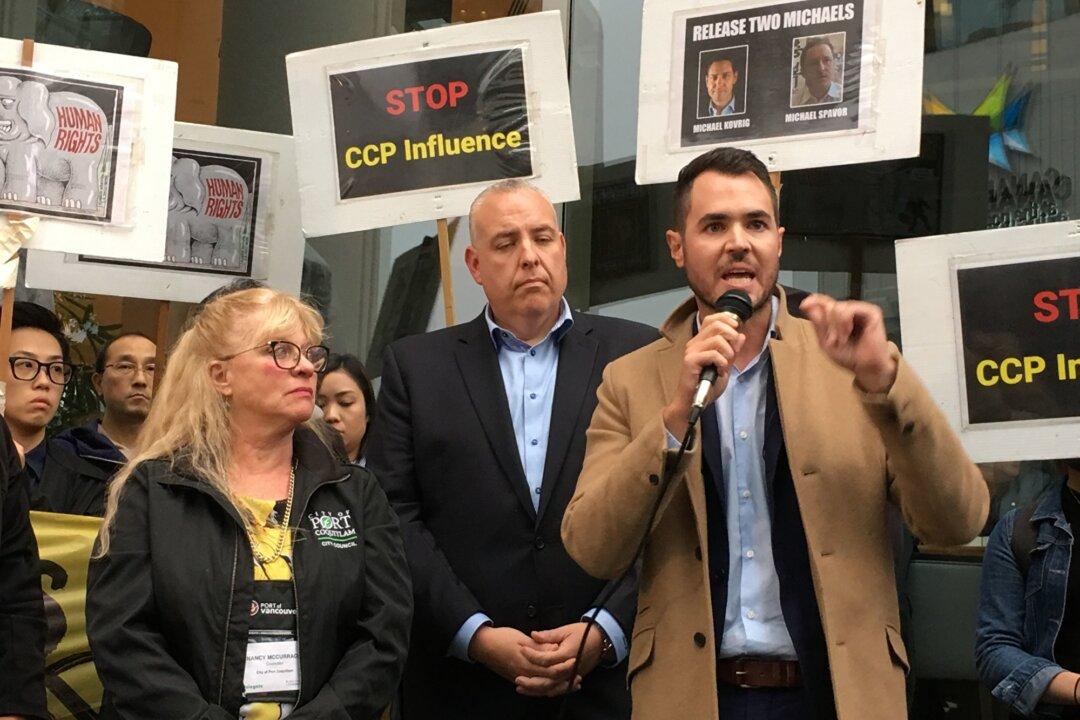Canada, and especially Vancouver, has become a “global node” of the Chinese Communist Party’s efforts to infiltrate democratic societies, according to investigative journalist and author Sam Cooper.
Cooper, whose new book “Wilful Blindness: How a Network of Narcos, Tycoons and CCP Agents Infiltrated the West” was released in May, says the CCP pursues its goal “through purchases of real estate, through efforts to get into technology companies in Western nations, through the usage of tycoons, industrialists that travel the world, playing baccarat.”






